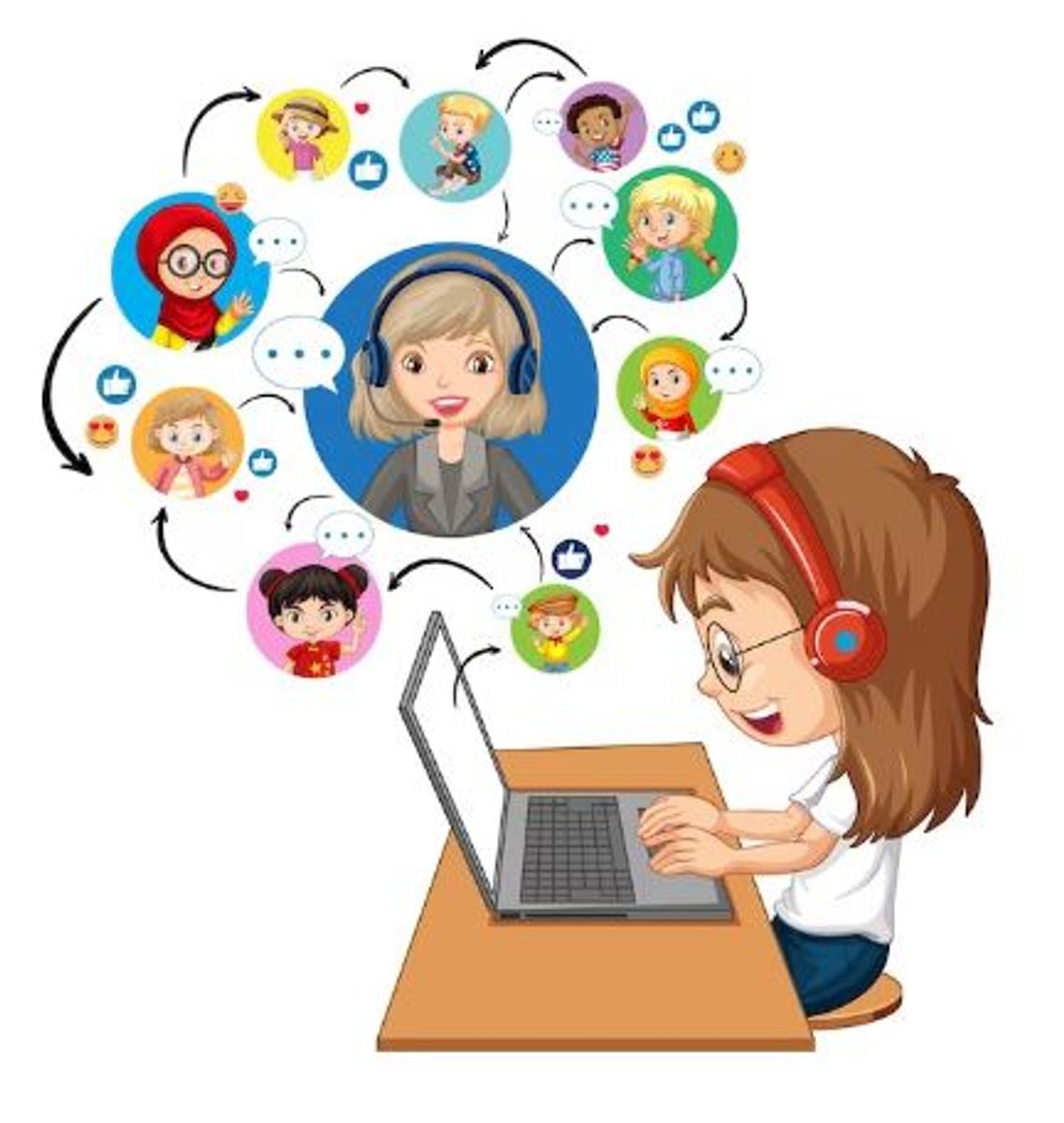Assistant Principal's Report
Mrs Michelle Rassias

Assistant Principal's Report
Mrs Michelle Rassias
The school holidays are here and we need to ensure that our kids are engaging in safe screen time activities. We understand that many parents still need to work or manage other activities and there may be some increase in the time children spend on screens.


However we need to be mindful of what kids are doing online – what sites are they accessing, who they are messaging, the language they are using and what they are chatting about. Generally online conversations are quite innocent and appropriate, however we have had instances where inappropriate language and cyberbullying has occurred. As adults, we need to be aware of what is happening online.
Clinical Psychologist Dr Alan Ralph from Positive Parenting Program says:
“Living in a digital age has lots of upsides for families and can be useful in situations where adults are busy or concentrating and need to give children something interesting and engaging to do. However, there are a range of concerns around cyberbullying, identity theft, online addiction, and sexual predation, that are important to address.
A recent E-Safety Commissioner report revealed that half of the parents surveyed underestimated the prevalence of children’s negative online experiences and alarmingly, more than half of children admitted to communicating with strangers online, yet only one in three of their parents were aware.
“The good news is, parents and carers can take a proactive, positive approach to help make sure their children’s online world doesn’t end up impacting their health and wellbeing in the real world. This includes problems with sleep, behaviour, as well as their social and emotional development.”
Screen time for your child – 7 tips
Parents and carers can make the most of their time together these holidays while promoting a healthy relationship with technology. The e-Safety Commissioner recommends the 7 tips
More detailed information can be found here:
Wishing everyone a safe and happy term break and I look forward to hearing all about your adventures when our students return on Monday 15th July.

